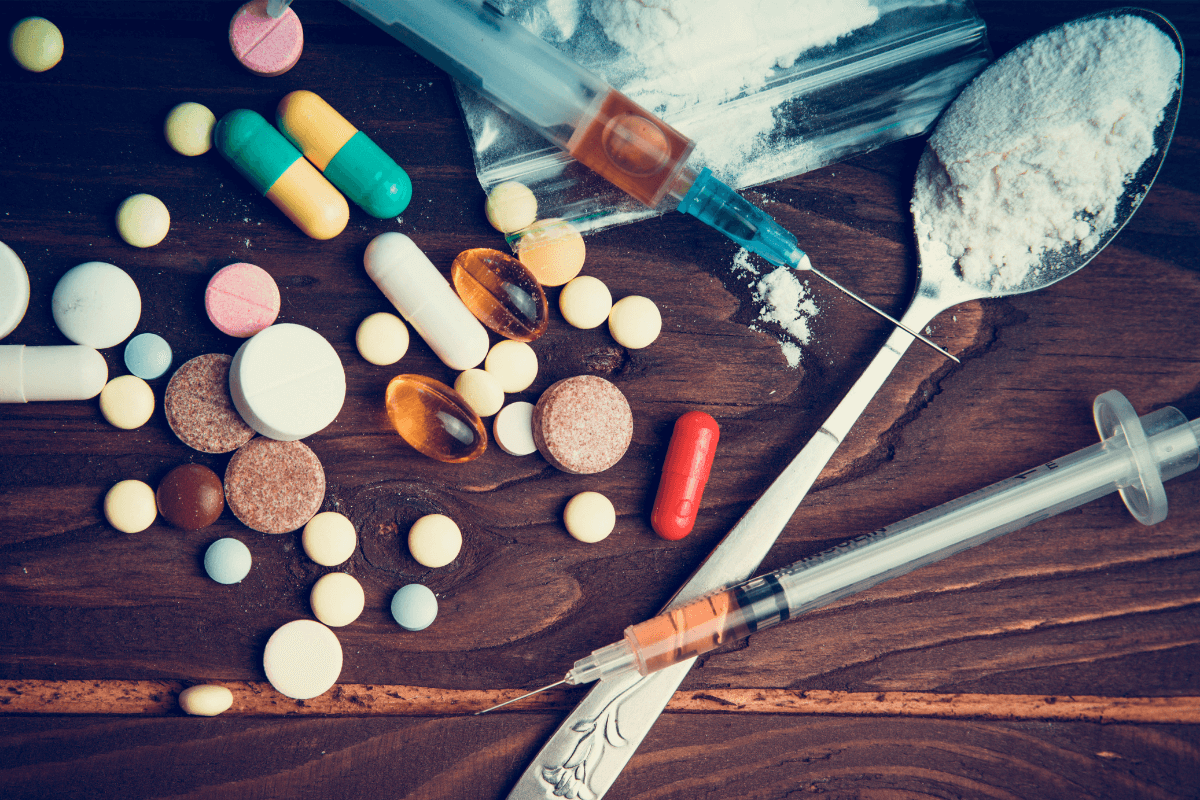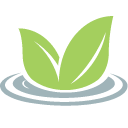Polysubstance abuse is the use of multiple substances to achieve a stronger “high.” This is why some people who struggle with a substance abuse disorder use multiple substances simultaneously. The addiction to “feeling high” notes an important distinction from a person addicted to multiple substances.
Polysubstance Abuse and Addiction vs. Addiction to Specific, Multiple Substances
A person can have an addiction to both heroin and alcohol. This is an addiction to multiple – and specific – substances. Another person, however, might use any combination of drugs to achieve a “high” feeling. This is polysubstance abuse.
In most cases, a person struggling with polysubstance abuse will utilize the easiest-to-attain substances instead of seeking out a specific drug. It is common for a person with this type of substance abuse disorder to use one substance as a “primary” drug and then elevate that high by combining it with other substances.
Contributing Factors to Polysubstance Abuse
Underlying factors are often the initial cause of polysubstance abuse for many patients. Some of these factors include:
- Mental health
- Depression
- Genetics
- Social factors
We’ll take a look at each of these in greater detail below.
Mental Health
Mental health disorders can lead to polysubstance abuse. National surveys have shown that half of the people who struggle with mental disorders also experience substance use disorders.
While this correlation spans all types of disorders, new research has shown that undiagnosed childhood ADHD can lead to a higher risk of a substance use disorder. This creates a particularly tricky contradiction, as many medications used to treat ADHD introduce potentially addictive stimulants to the body. However, current studies have not shown a correspondence between ADHD medication and any substance use disorder.
Depression and Anxiety
Particularly for those struggling with depression or high levels of anxiety, polysubstance abuse is a means of self-medicating to feel healthier. This includes people that are struggling with generalized anxiety disorder, panic disorder, and post-traumatic stress disorder.
These patients most often gravitate toward substances that encourage feelings of happiness and positivity. However, they often do not realize the side effects that these substances can have.
Genetics
Genetics can play a major role in substance abuse. [2] Many patients who are struggling with polysubstance abuse have a family history of drug addiction. The role of genetics in substance use is the topic of many ongoing scientific studies and could be an important key in treating addiction in the future.
Social Factors
Unfortunately, polysubstance abuse is regularly introduced in a social setting. Particularly during the young adult years, people find that an enjoyable high from a single substance can be strengthened or lengthened through the use of multiple additional substances.
Common Combinations and Their Dangers
A particularly common combination includes prescription opiates and alcohol. These prescription drugs include:
- Percocet
- Vicodin
- Xanax
- OxyContin
- Ridellan
- Valium
While people will mix these drugs and alcohol to achieve a stronger high, their combination can cause blackouts, respiratory depression, alcohol poisoning, and even death because the reaction of the opiates and alcohol can cause people to drink more than they otherwise would.
Cocaine and alcohol can lead to decreased cognitive function and dangerous behaviors. Physiologically, the combination of cocaine and alcohol can cause:
- Increased heart rate
- Increased blood pressure
- Long-term cardiovascular problems
- Impulsive behavior
- Memory problems
Opioids, benzodiazepines, and/or alcohol in combination can lead to respiratory depression. Because these substances are all depressants, their combination can cause:
- Respiratory depression
- Impairments
- Brain damage
- Fatal overdose
Prescription medications are not “safer” to abuse. Oftentimes, prescription medications have the same formulations as illicit drugs, making them just as dangerous. Some cough medicines only available by prescription can have sedative effects. Using alcohol, marijuana, and other illicit substances can exacerbate those sedative effects. [3]
Getting Help for Polysubstance Addiction
If you’re struggling with polysubstance abuse or care for someone who is, it’s important to know that it’s not uncommon or taboo. At its base, a person who is struggling with addiction is fighting both mental and chemical factors. There are ways to help with both.
Spring Gardens Recovery believes in creating tailor-made treatments that work for you, and we’ll assist you in finding the combination of clinical and holistic care that you need to move toward a healthier and happier life.
Contact us online to learn more.
Sources:
[1] https://www.drugabuse.gov/publications/research-reports/common-comorbidities-substance-use-disorders/part-1-connection-between-substance-use-disorders-mental-illness [2] https://www.drugabuse.gov/publications/drugfacts/genetics-epigenetics-addiction

